Dealers who own reinsurance companies may be filing Form 8886 with their income tax returns due to Notice 2016-66. The Notice requires parties to certain arrangements considered “captive” insurance transactions to report certain information to the IRS. For car dealers using reinsurance programs for their F&I business, there are some situations where tax professionals have been recommending that Form 8886 be filed. These filings are in an abundance of caution; Notice 2016-66 was aimed at very different types of arrangements than F&I reinsurance.
The IRS made some changes to Form 8886 for Tax Year 2019, revising line 7b and adding lines 7c and 7d. These three changes establish some additional disclosure requirements:
- Line 7b – The total tax benefits derived from your reinsurance company;
- Line 7c – The number of years of anticipated benefit; and
- Line 7d – Your total investment or basis in the reportable transaction.
Dealers involved in F&I reinsurance programs should check with their tax advisor and/or tax preparer to make sure that the advisor and/or preparer is aware of these changes and has the requisite information to complete the revised Form 8886. These changes require more numerical information that was not specifically required in the earlier version of the form. Typically, the program provider will be aware of the changes and be able to assist your tax advisors.
As noted above, this does not apply to all F&I reinsurance arrangements, and it may be that your tax advisors will conclude that no filing is required.
IRS Letter 6336 – Micro-Captive Insurance
In March, the many owners of reinsurance companies began receiving letters from the IRS dated March 20, 2020. The letters discuss the IRS’s recent tax court victories in the micro-captive area where the Tax Court ruled that the micro-captive arrangements were not eligible for claimed tax benefits. The letter indicates that the IRS will be increasing its enforcement activity in this area and that it has deployed several examination teams. Taxpayers who are no longer participating in these arrangements are asked to send a written notification to the IRS, signed under penalty of perjury. The initial due date for a response was May 4, 2020. Several tax publications contacted the IRS regarding the response due date, due to the shelter in place orders that were issued just as taxpayers began to receive Letter 6336. Ultimately, the IRS told personnel of the tax publications that the due date was changed to June 4, 2020. Dealers and other owners of auto F&I reinsurance companies that received Letter 6336 should consult with their tax advisor regarding whether a response to Letter 6336 is needed.
U.S. Supreme Court to Hear CIC Services Case – Challenge to IRS Reporting Requirements
In early May, the U.S. Supreme Court announced that the justices will hear an appeal from CIC Services LLC, a Tennessee-based business that advises taxpayers on so-called micro-captive transactions, which use small insurance companies to reduce taxable income. The IRS argues that some of those transactions are not genuine insurance contracts. At issue in the case is whether taxpayers and their advisors can challenge reporting requirements, like the reporting requirement issued by the IRS in Notice 2016-66 and others like it, without paying the penalty or waiting for the IRS to start enforcement proceedings. Tax advisors will be watching this case closely, because these types of reporting requirements have placed enormous compliance burdens on taxpayers.




